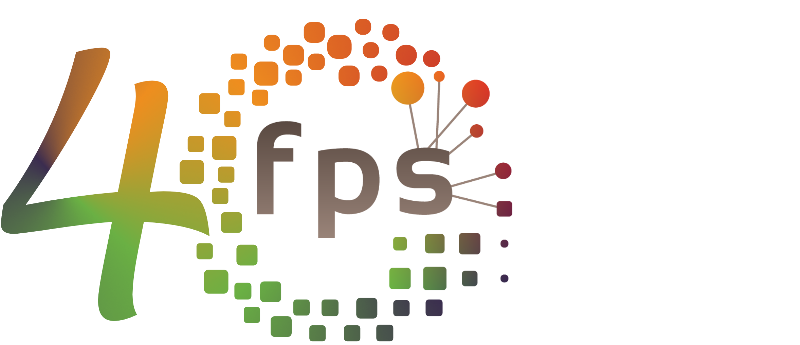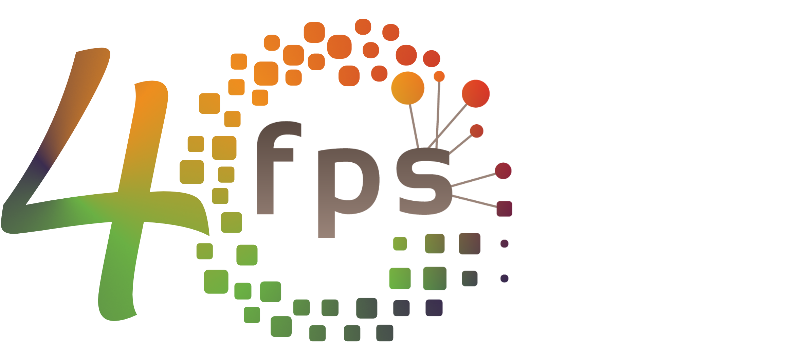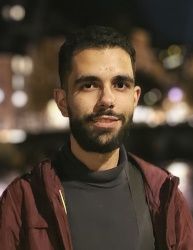
I had the privilege of attending the Brixen Proteomics Summer School 2025, thanks to the generous support of the French Proteomics Society. The event provided a comprehensive overview of modern proteomics, beginning with fundamentals and moving toward advanced technologies and applications.
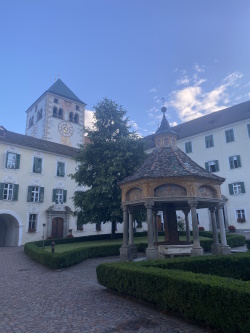 |
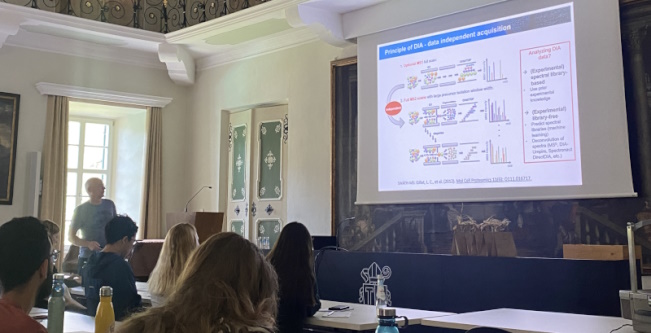 |
The school opened with Dr. Dominic Helm’s introduction to mass spectrometry, which gave a clear overview of instrumentation and its central role in proteomics. This was followed by Dr. Kelly Stecker’s lecture on sample preparation, where she highlighted how fractionation, enrichment, and careful handling are essential for high-quality data and reproducibility. In parallel, Dr. Jarrod Sandow lectured on chromatography fundamentals, explaining how peptide separation strategies directly influence sensitivity, reproducibility, and proteome coverage. These opening sessions provided a strong conceptual foundation for the week.
The program then advanced to analytical and biological applications. Prof. Matthias Wilhelm presented next-generation protein identification, with emphasis on algorithm development and open databases. Prof. Bernhard Küster introduced strategies for robust protein quantification essential for clinical studies. Dr. Barbara Schnitzer presented the Protein Turnover Atlas, a resource to explore protein dynamics in drug development. Prof. Tiziana Bonaldi gave an in-depth lecture on chromatin and epigenetics, showing how histone modifications can be mapped by MS, a subject directly relevant to my research. While Dr. Ana Martinez extended the view to post-translational modifications more broadly, highlighting their importance in signaling and regulation. Additional lectures on functional proteomics and metabolism demonstrated systems-level insights, while spatial proteomics and multiplexed imaging emphasized the importance of protein localization in disease.
Alongside lectures, I attended helpful workshops. Led by Dr. Kelly Stecker, a sample preparation workshop focused on sample preparation troubleshooting. Using a case study, we learned to identify contaminants in raw MS data with Skyline, to trace their origin in the protocol, and to adapt methods accordingly. Another workshop, by Dr. Ana Martinez, covered PTM proteomics, starting with experimental design in phosphoproteomics and concluding with open search strategies for global PTM profiling.
Poster sessions provided opportunities to exchange ideas with fellow participants, and the social program, including a hike to Zendleser Kofel (800 m ascent) and mountain karting, created memorable moments and fostered informal networking. My own karting fall, while minor, left me with a humorous story to remember the week by.
Finally, meeting experts such as Prof. Küster and Prof. Bonaldi was especially valuable, as their work connects closely with my research. Overall, the summer school was an enriching experience that deepened my expertise in histone PTMs while broadening my perspective on the proteomics field. I am sincerely grateful to the French Proteomics Society for supporting my participation.
